Industrial Hardware and Machine Parts
AI Devices In Industrial Manufacturing To Reach 15.4mln By 2024
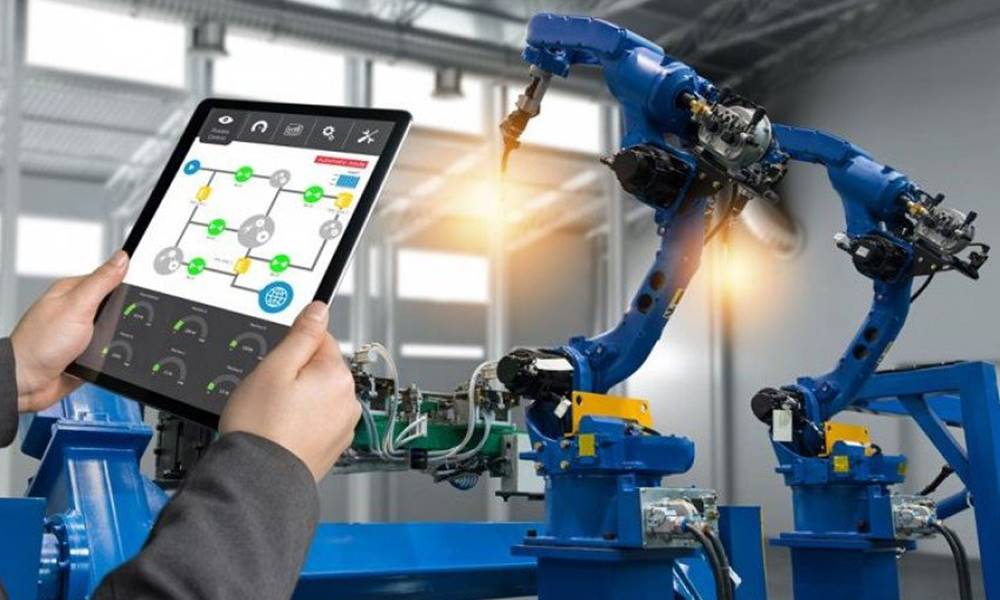
In recent years, Artificial Intelligence (AI) has been touted as a powerful technology that will revolutionise the industrial manufacturing space. The sentiment has its validity, but the reality is extremely complex.
AI in industrial manufacturing is a collection of various use cases at different phases of manufacturing, such as generative design in product development, production forecasting in inventory management, and machine vision, defect inspection, production optimisation, and predictive maintenance in the production phase. ABI Research, a global tech market advisory firm, forecasts that the total installed base of AI-enabled devices in industrial manufacturing will reach 15.4 million in 2024, with a CAGR of 64.8% from 2019 to 2024.
“AI in industrial manufacturing is a story of edge implementation,” says Lian Jye Su, Principal Analyst at ABI Research. “Since manufacturers are not comfortable having their data transferred to a public cloud, nearly all industrial AI training and inference workloads happen at the edge, namely on device, gateways and on-premise servers.” To facilitate this, AI chipset manufacturers and server vendors have designed AI-enabled servers specifically for industrial manufacturing. More and more industrial infrastructure is equipped with AI software or dedicated AI chipsets to perform AI inference.
Despite these solutions and the wealth of data in the manufacturing environment, the implementation of AI in industrial manufacturing has not been as seamless as was expected by the industry. Among all the use cases, predictive maintenance and equipment monitoring have been the most commercially implemented so far, due to the maturity of associated AI models. The total installed base for these two use cases alone is expected to reach 9.8 million and 6.7 million, respectively, by 2024. It is important to note that many of these AI-enabled industrial devices support multiple use cases on the same device due to advancements in AI chipsets. Key startups such as Uptake, SparkCognition, FogHorn and Falkonry are introducing cloud- and edge-based solutions that monitor the overall performance of industrial manufacturing assets and process flows.
Another commercial use case currently gaining momentum is defect inspection. The total installed base for this use case is expected to grow from 300,000 in 2019 to over 3.7 million by 2024. This is a use case that is extremely popular in electronic and semiconductor manufacturing, where major manufacturers, such as Samsung, LG and Foxconn, have been partnering with AI chipset vendors and software providers, such as CEVA, Gyrfalcon Technology, Lattice Semiconductor, Instrumental, Landing AI, and Neurala, to develop AI-based machine vision to perform surface, leak and component-level defect detection, microparticle detection, geometric measurement, and classification.
Conventional machine vision technology remains popular in the manufacturing factory, due to its proven repeatability, reliability, and stability. However, the emergence of deep learning technologies opens the possibility of expanded capabilities and flexibility. These algorithms can pick up unexpected product abnormalities or defects, go beyond existing issues and uncover valuable new insights for manufacturers.
-
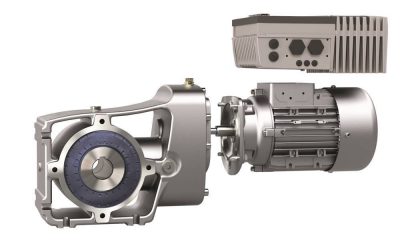
 Drive systems4 years ago
Drive systems4 years agoIntelligent frequency inverters for digital production
-
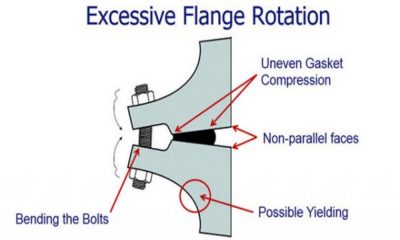
 Industrial Hardware and Machine Parts7 years ago
Industrial Hardware and Machine Parts7 years agoThe necessity of bolted flange connection training
-
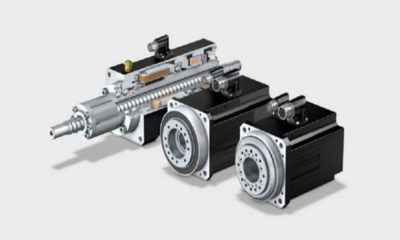
 Motors7 years ago
Motors7 years agoNew generation of hollow shaft motors
-

 Industrial Hardware and Machine Parts7 years ago
Industrial Hardware and Machine Parts7 years agoABB and Formula E partner to write the future of e-mobility
-
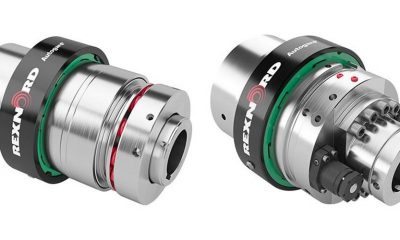
 Industrial Hardware and Machine Parts7 years ago
Industrial Hardware and Machine Parts7 years agoRexnord adds to its Autogard Torque Limiters with the XG Series
-

 Motors7 years ago
Motors7 years agoZF Technology on the Winners’ Podium of the Dakar Rally 2017
-
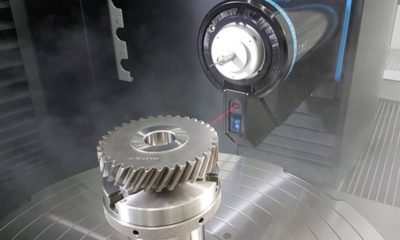
 Gear drives6 years ago
Gear drives6 years agoKlingelnberg at control 2018: Tactile and optical measurement on one machine
-
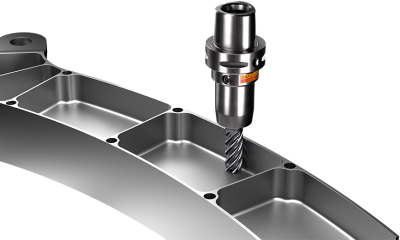
 Motors7 years ago
Motors7 years agoGet a first-class ticket to productivity
-
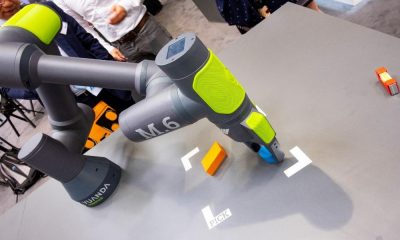
 Motion control6 years ago
Motion control6 years agoWhere the robots come from?
-
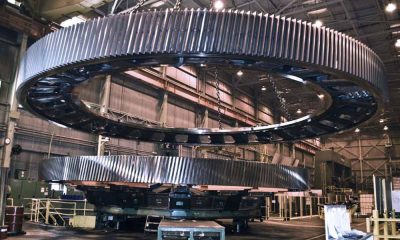
 Motion control6 years ago
Motion control6 years agoRexnord to Acquire Centa Power Transmission
-
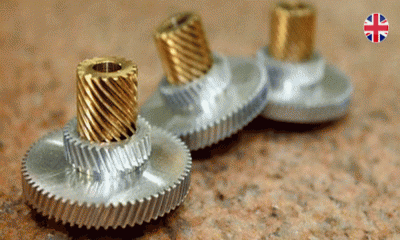
 Industrial Hardware and Machine Parts7 years ago
Industrial Hardware and Machine Parts7 years agoCustom hobbing tool enables 45-degree angles
-

 POWER TRANSMISSION TECHNOLOGIES3 years ago
POWER TRANSMISSION TECHNOLOGIES3 years agoEUROTRANS Board meets for its first session in 2021
